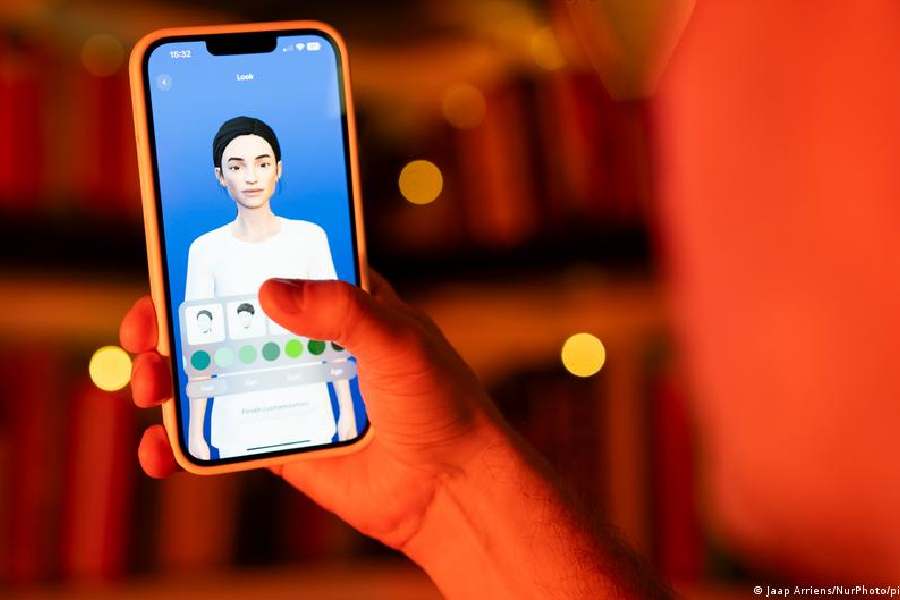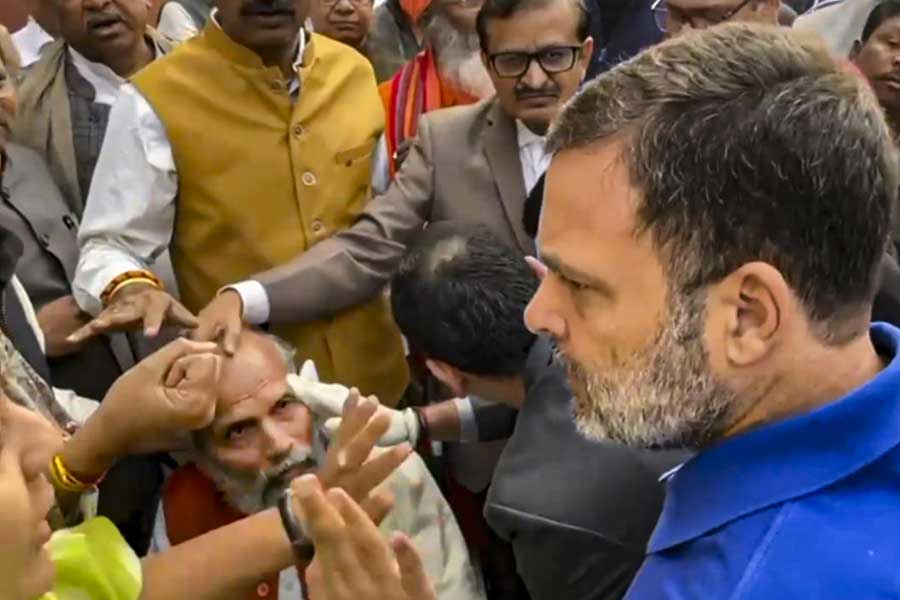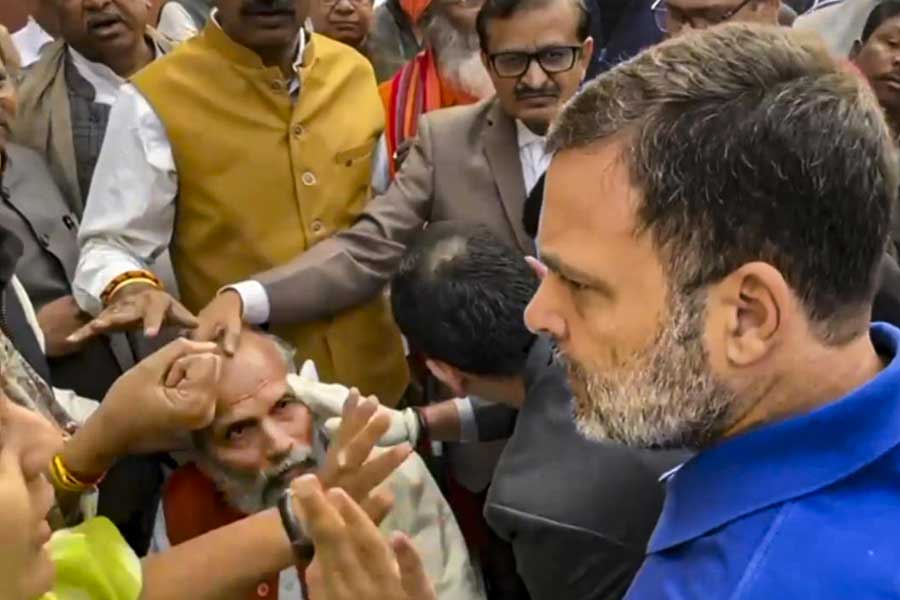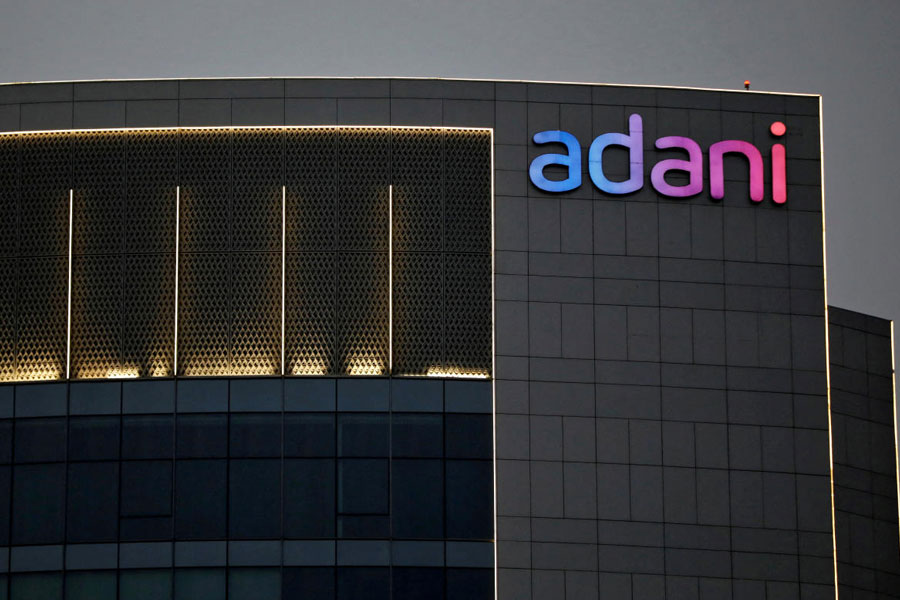Artificial intelligence chatbots stole the headlines in 2023. One tech sector expert thinks the next wave of AI will be a lot more interactive and human-like.
Barely a year ago, few people had heard of Chat GPT, Bard and Llama — artificial intelligence (AI) chatbots that promised to make the world a lot more productive but would likely leave millions of people out of a job.
These AI assistants have since helped users around the world to generate content that would often take humans many more hours to achieve on their own. The huge layoffs threatened haven't happened, at least not yet.
Dozens of alternatives have sprung up over the past year, with some specializing in app coding, video and graphic content production, or music creation.
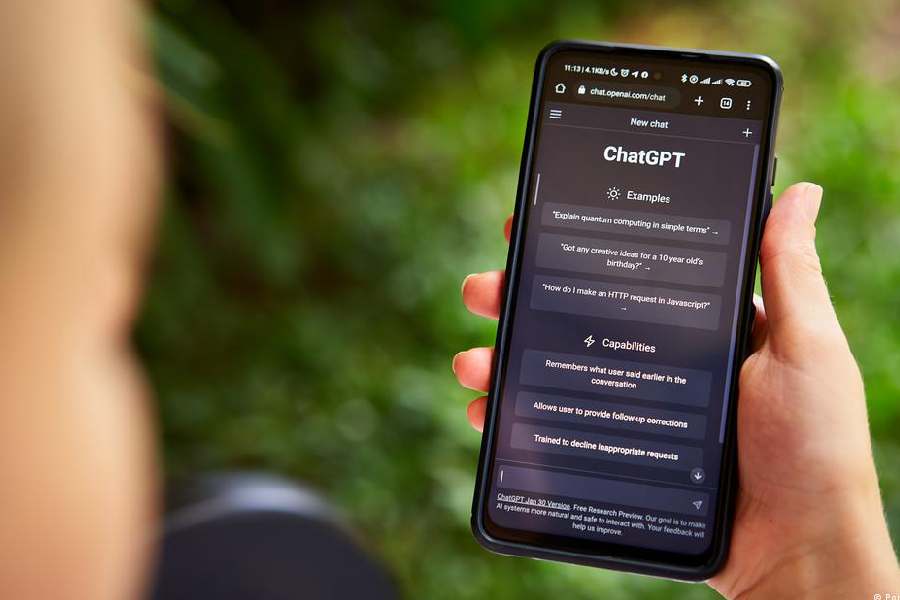
Industry insiders expect interactive AI to overshadow generative AI like ChatGPT in 2024
Chatbots help millions, but still limited
Despite the incredible power of so-called large language models upon which these chatbots run, critics say they are plagiarizing the internet to produce content that is often bland, contains factual errors or shows political or racial bias.
Tesla founder Elon Musk has tried to address this with the beta launch of his AI assistant last month. Grok, as it's known, is billed as being a chatbot with "a sense of humor" and a "rebellious streak," although it's also been accused of political bias.
As the AI space grows ever more competitive with tens of billions of dollars being invested globally, tech industry luminaries are predicting where the technology will head next.
One of them, Google DeepMind co-founder Mustafa Suleyman, believes that the future of AI assistants will be in their ability to interact with humans in an advanced manner.
"The third wave will be the interactive phase," Suleyman told MIT Technology Review in September. "That’s why I’ve bet for a long time that conversation is the future interface. You know, instead of just clicking on buttons and typing, you’re going to talk to your AI."
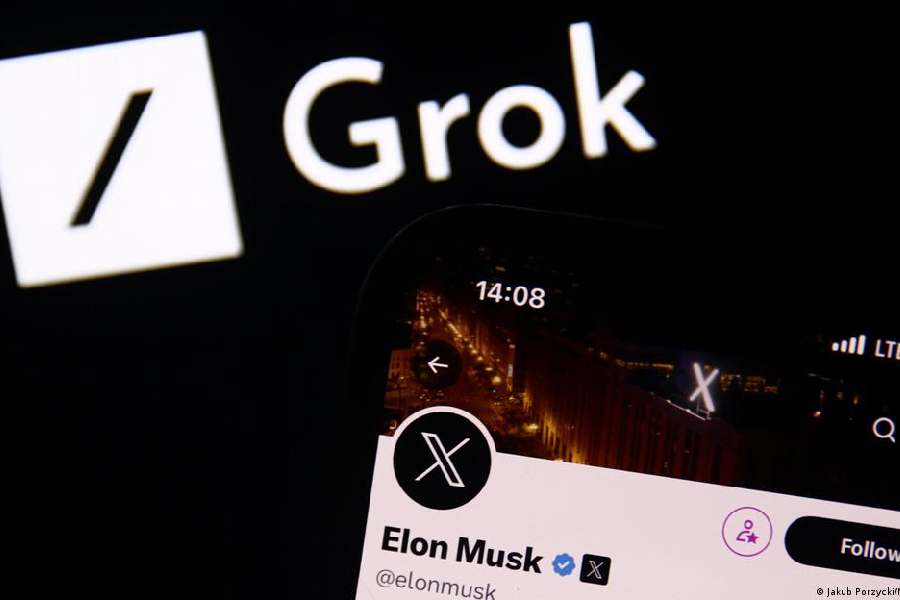
AI becomes less artificial
Interactive AI will allow humans to have a deeper conversation with their AI chatbot. Whereas systems like Amazon's Alexa respond to simple commands, the next generation of AI tools will be able to respond in a more human-like way.
Suleyman said they will also be able to act on decisions by themselves, so users can give their assistant "a general, high-level goal, and it will use all the tools it has to act on that."
Interactive AI will talk to other people and other chatbots to achieve the goal set by the user.
The technology will also adapt to users' preferences and learn from user feedback, helping computers to function more like how humans work and think.
Companies will be able to use Interactive AI to improve customer services, guiding users through troubleshooting steps.
The technology will also help with sales and marketing and lead generation by offering personalized communication based on a customer's individual needs.
What are the advantages of Interactive AI?
Industry experts believe Interactive AI will produce content that is more novel and original.
Interactive AI will be able to shoulder the burden of more complex, time-consuming tasks that require interaction with other humans, websites and chatbots and can report back to the user regularly on progress or results.
By being able to handle more advanced feedback from users, interactive AI can also prevent harmful or offensive content from being produced or ensure complex projects are delivered exactly as specified.
When will Interactive AI take off?
Several firms are already pushing the interactive envelope. Suleyman's own chatbot, Pi AI, is a precursor to Interactive AI. Billed as "your personal AI," it is designed to be used for brainstorming, planning and learning or even just venting.
Another early version of Interactive AI is Character.ai, which allows users to interact with multiple characters of AI assistants whose "personalities" have been crafted by other users. Many of the characters are fictional or based on celebrities. The platform says it exists to allow conversations and give advice.
While Suleyman thinks Interactive AI will make its presence felt in 2024, other industry pundits think true interactivity with chatbots is still several years away.
AI spreading faster than other tech
Microsoft founder Bill Gates believes that AI is about to "supercharge the innovation pipeline" as more people use the technology.
In an end-of-year blog post, he said that high-income countries like the US would see significant levels of AI use by the general population within 18 to 24 months.
He predicted that African countries would begin to see a comparable level of AI use within three years or so.
"That’s still a gap, but it’s much shorter than the lag times we’ve seen with other innovations," Gates wrote.
Those predictions for AI do, however, feed into concerns that the technology could quickly replace millions of white-collar jobs that have been mostly spared by the computer revolution of the past 30 years.
While the impact on employment has, so far, been limited, some tech experts think it is only a matter of time before creative, finance, legal and medical jobs are replaced by AI.
Among the other negative predictions for AI in 2024, some tech analysts have warned about the proliferation of AI-generated deepfake videos and other disinformation ahead of the US presidential election in November.
Some experts have warned that the vote could be the first "deepfake election" because many voters won't be able to distinguish between what's real and what's not.

